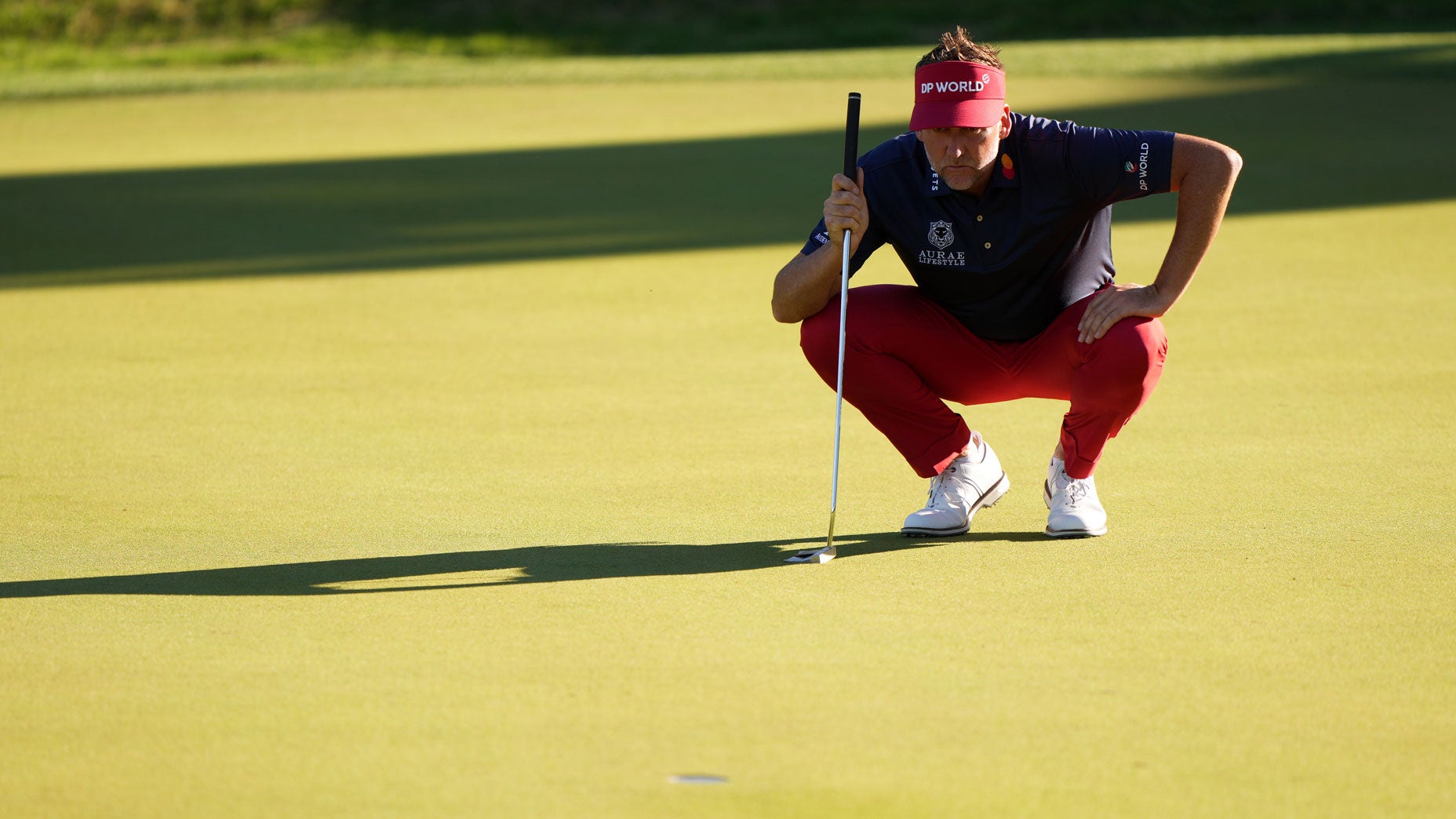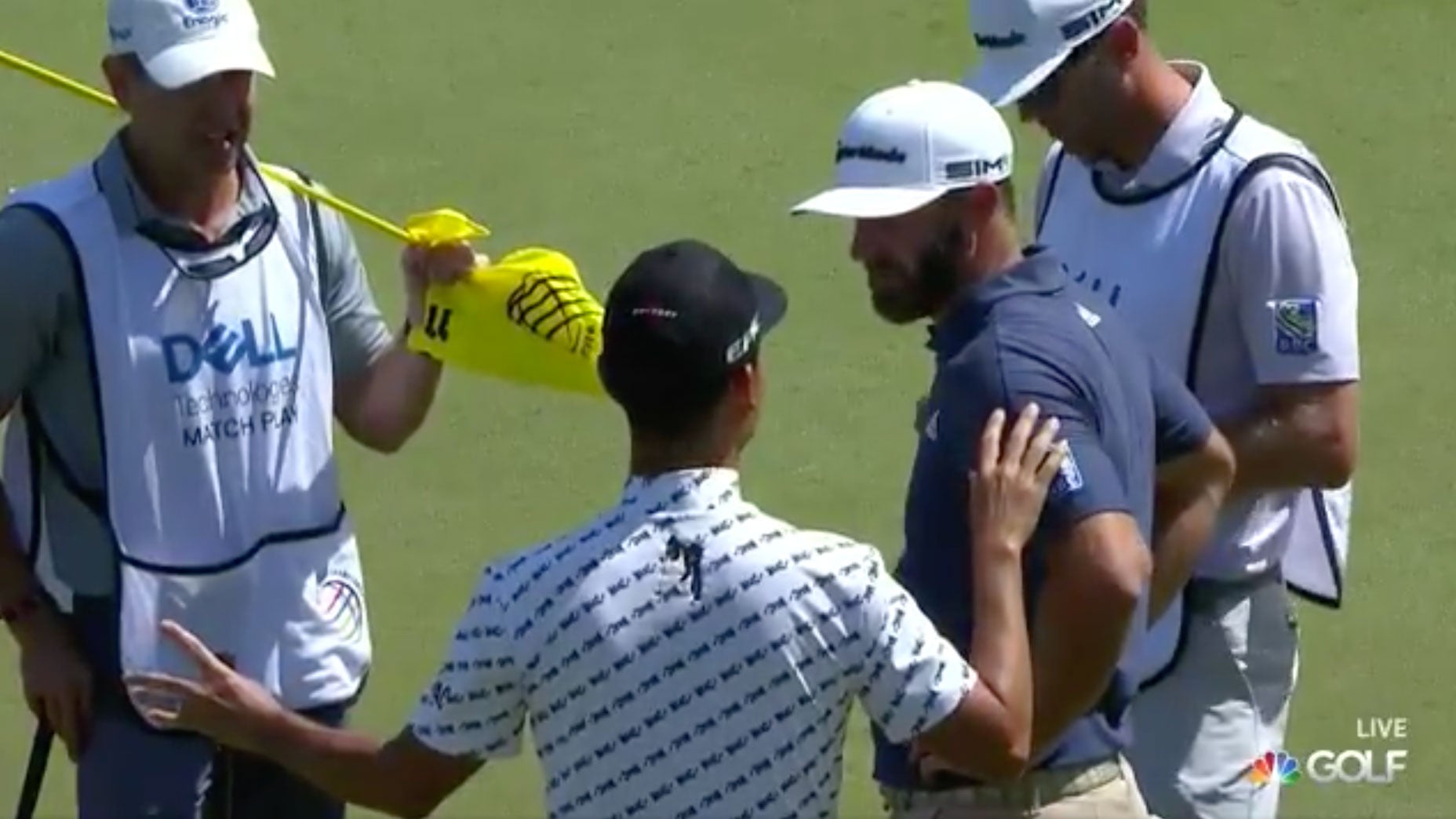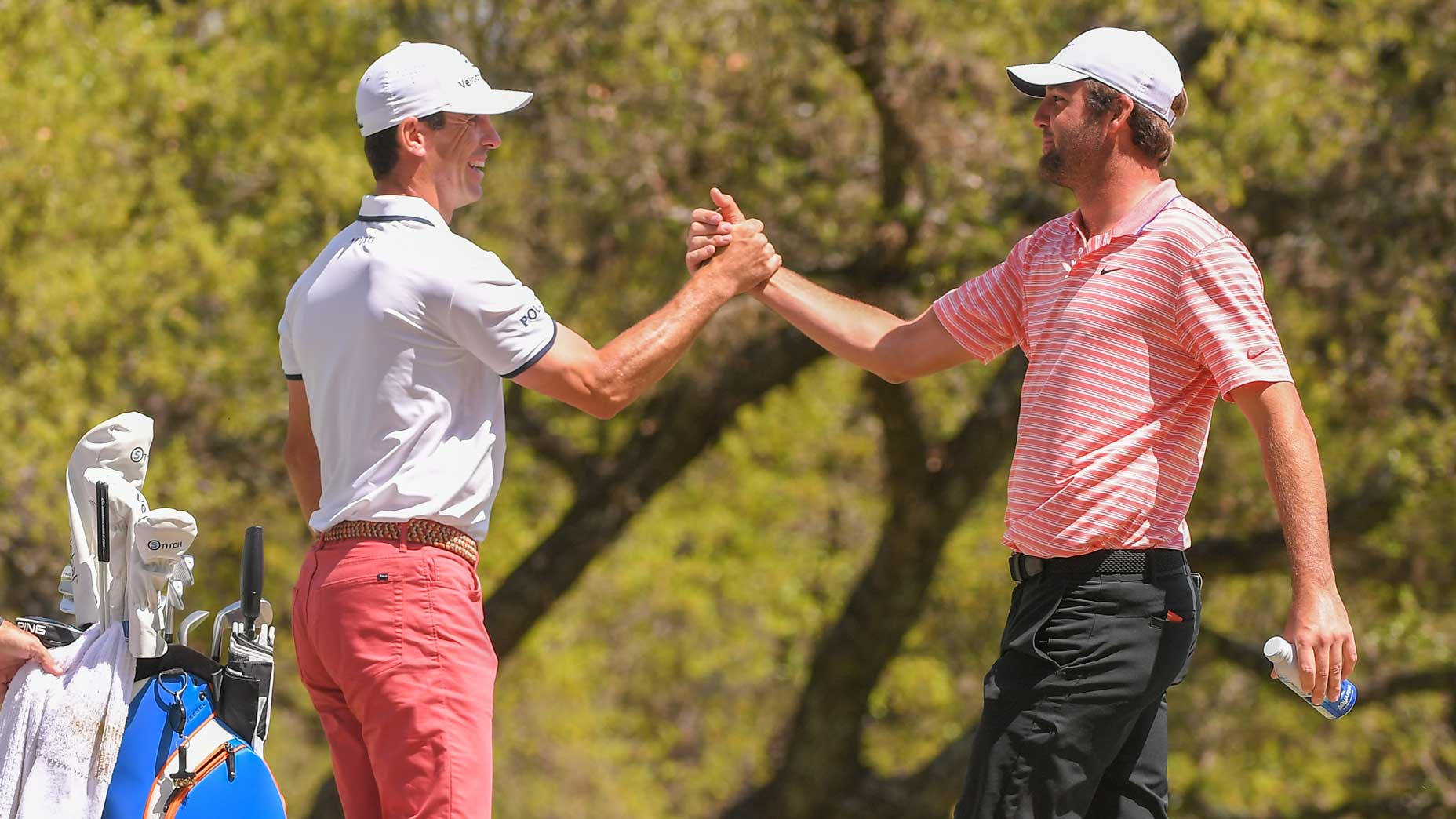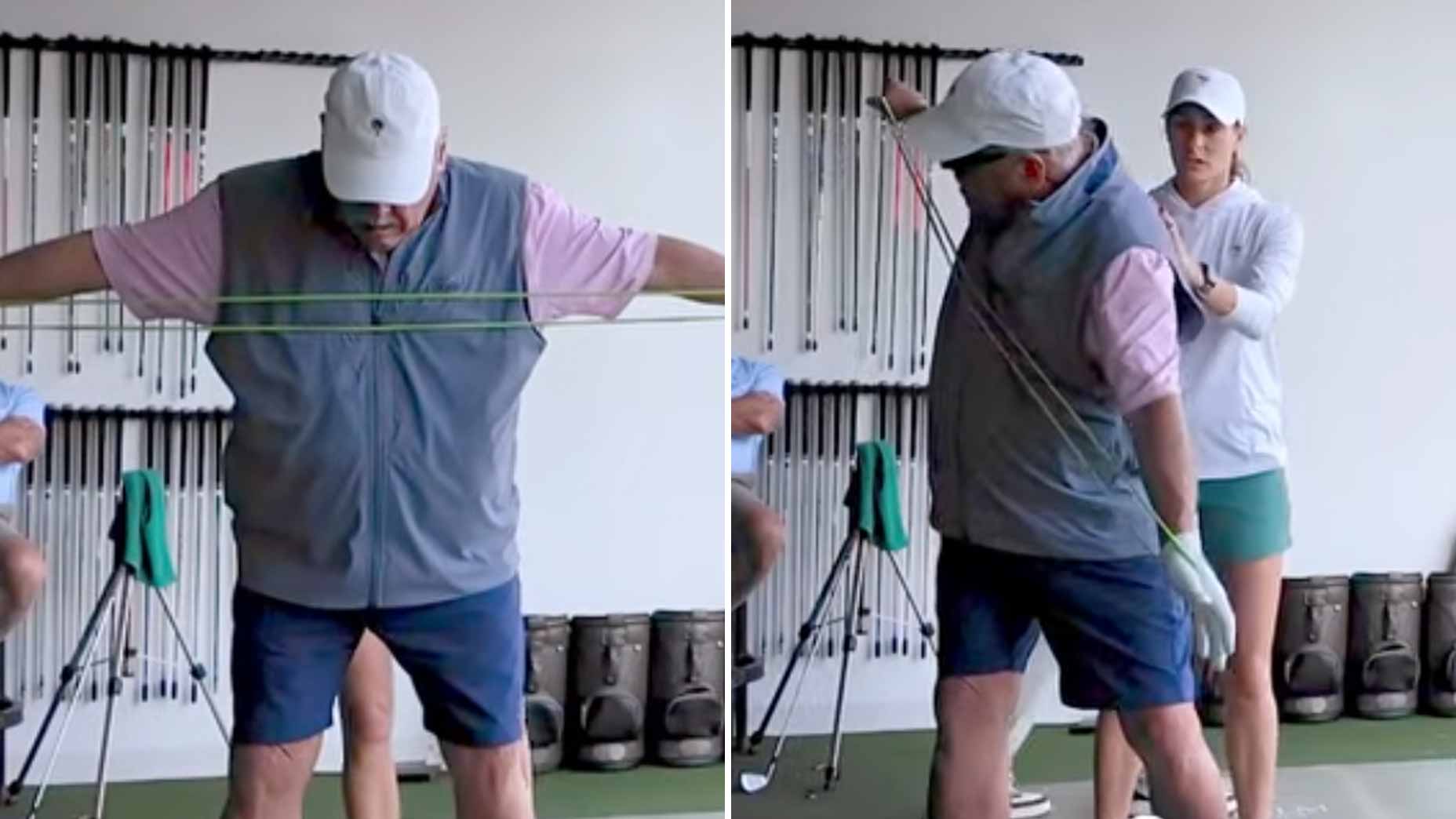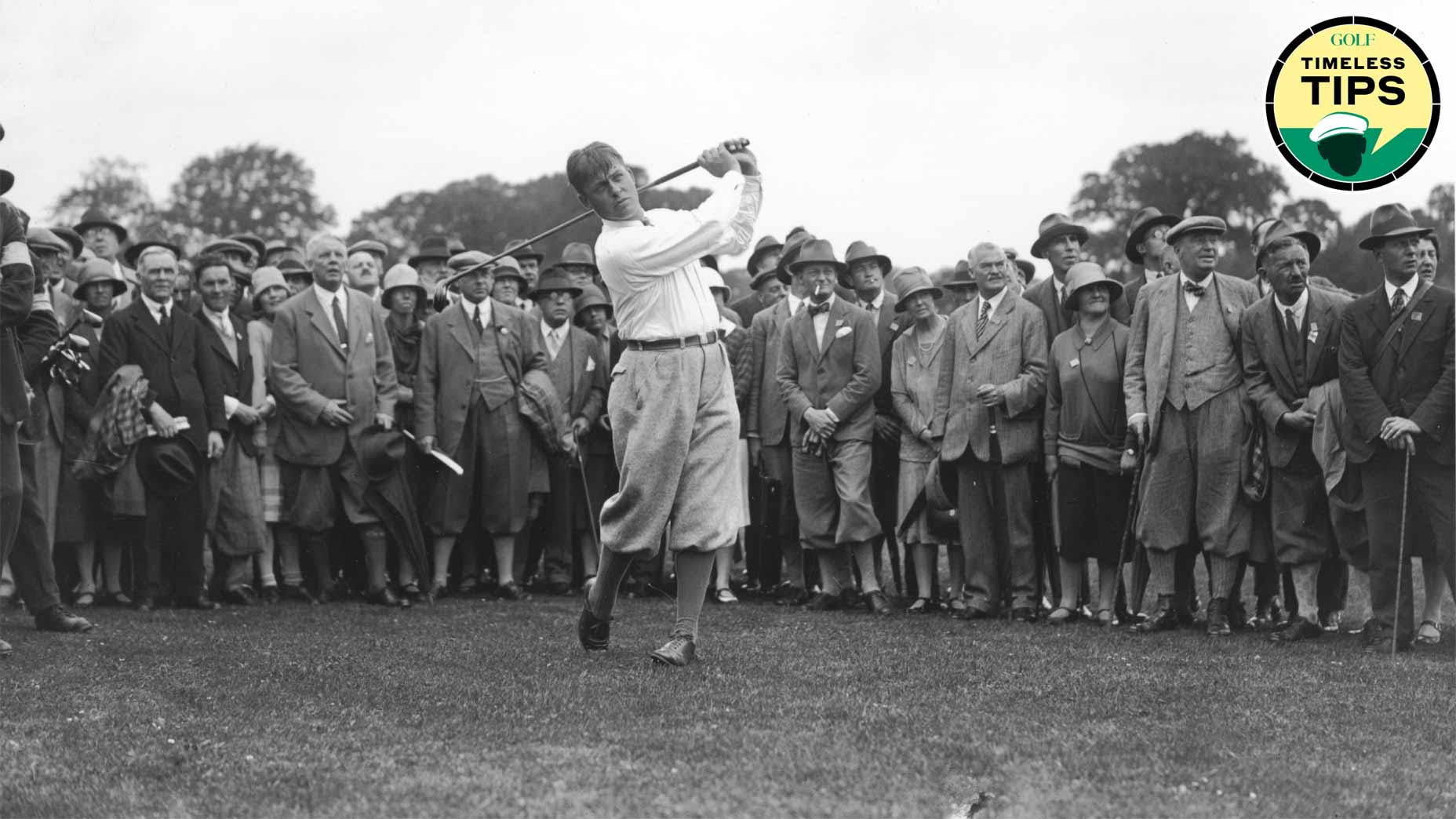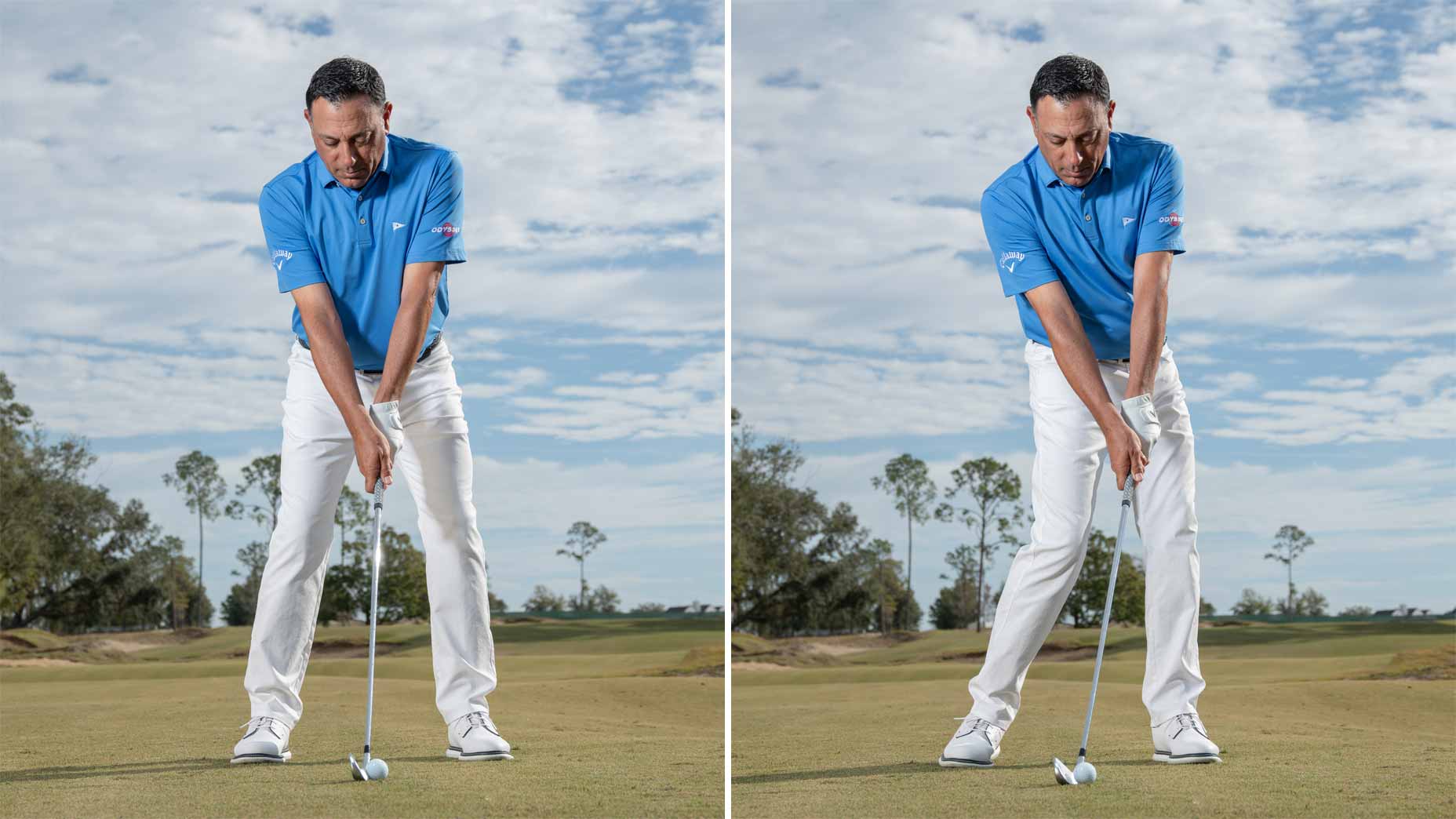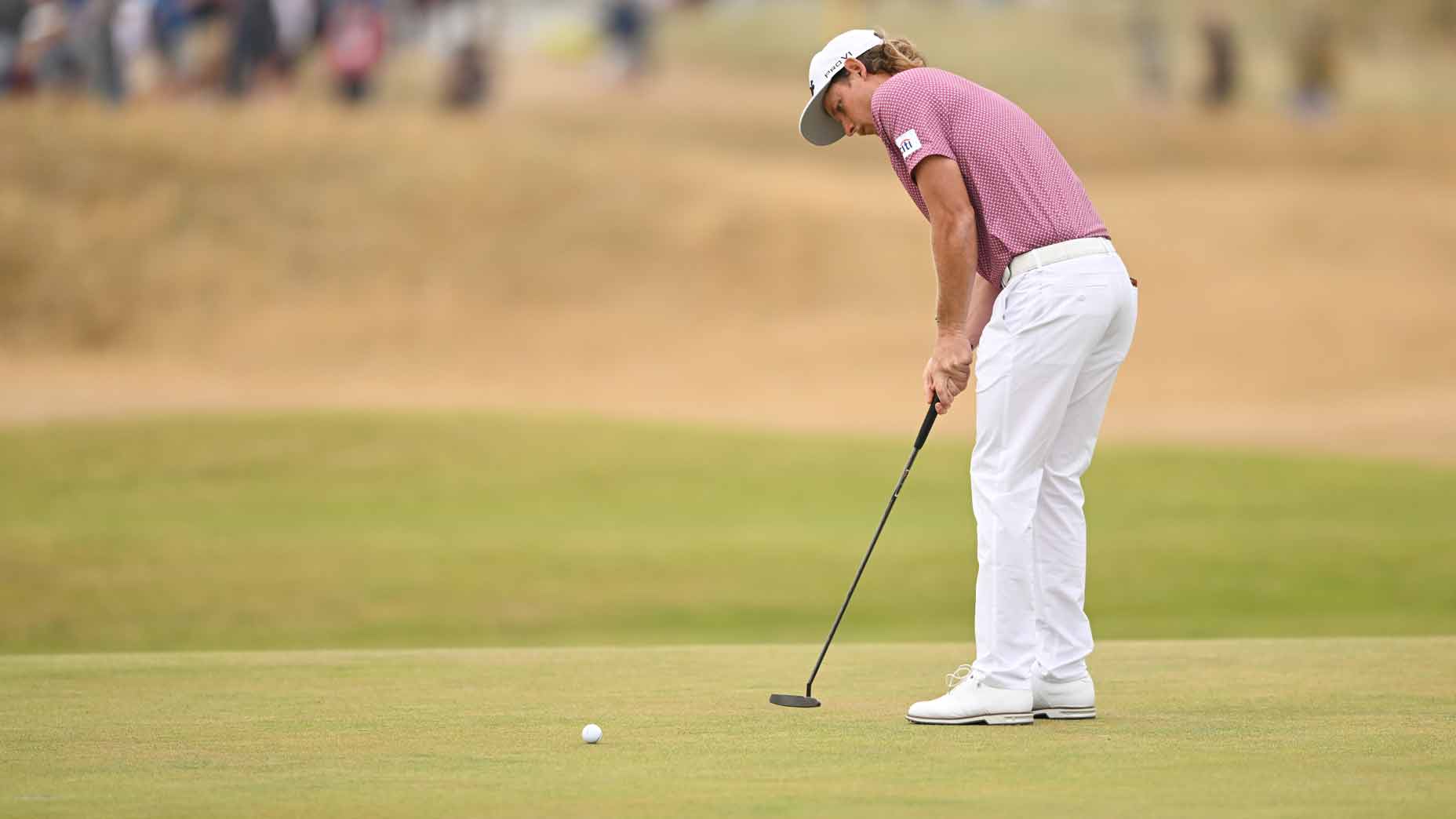Victor Perez had hit his second shot on the par-4 5th hole at Austin Country Club into a left greenside bunker. Sergio Garcia, his opponent during Saturday’s WGC-Match Play, had hit his approach to within 4 feet of the hole. Advantage Garcia? Not necessarily, Perez thought.
“Even though you most likely are going to lose the hole, don’t just give it to him,” Perez said. “Don’t hit it to 8 feet and miss your putt. Make him feel like he has to earn every point.”
Perez eventually lost the hole. Garcia made his putt, but Perez went on to win the match. The don’t-just-give-it-to-him attitude did not go for naught.
Match play and stroke play, of course, are the same game — golf. And they’re not. The approaches — and sometimes the approach shots — change. Entering this week, Matt Kuchar hadn’t finished better than a tie for 34th this year. Then he reached Sunday play at the WGC. Ian Poulter had missed the cut in four of his past six events. Then he went 3-0 in pool play this week, which included a 6 and 5 victory over Rory McIlroy.
Some of the surge comes from the course. Some comes from the opponent — it’s easier to win when, say, your opponent sprays one into a swimming pool. But a good part of it is the method of match play. How do the pros play it? Let’s look.
‘The next hole’s an opportunity’
“I think you just got to understand that it’s going to be a roller coaster. You’re going to have ups and downs, you’re going to have swings in matches where you think you’re going to win a hole and you wind up tying or losing a hole. But you just got to understand that the next hole’s a new opportunity to win a hole and improve your standing. So I’ve got the mentality that I’m never down, I’m never out, until you tell me I can’t play anymore. So I think that’s a perfect mentality for match play. I’m a bulldog. I fight hard. I never give up, and I always think I can win. I always think there’s a way I can get the job done and I think that mentality just allows me to play well in match play.” — Billy Horschel
‘Be ready to change’
“I would definitely say there’s a difference in the way the strategy works, the format, how you prepare to play and how you have to be ready to change throughout the match. I think that’s one of the biggest things. Normally in a stroke play event, I kind of have the same mindset for all 18 holes, trying to — I know how I want to attack the golf course from the get-go, but added features are if someone’s in trouble or someone’s played aggressive that I’m playing, I may have to change strategy on the go, so I think there’s a huge different dynamic one-on-one versus 72-hole stroke play against 150 others.” — Kevin Kisner
‘It’s kind of a fine line’
“It’s a really tough thing to do because you want to play the golf course and not the opponent. Just if-I-shoot-the-lowest-score-I’m-probably-going-to-win kind of mindset. But you definitely make adjustments to watching what that other guy across from you does. Trying not to kind of — it’s kind of a fine line. Look, you don’t want to really get too focused on what he’s doing, but you do kind of need to be aware so that you limit a mistake that doesn’t need to be made.” — Jordan Spieth
Why the Dustin Johnson-Kevin Na controversy wasn’t resolved until after their matchBy: Nick Piastowski
‘You’re not giving him time to breathe’
“So imagine situationally here, if I tee off first on the first hole, right, and hole after hole you keep piping driver dead center, dead center, dead center, you keep hitting good shots into the green. And especially if you’re the longer good player, you keep putting pressure on the next player. You’re not letting down. You’re not giving him time to breathe. And at some point, it can get frustrating, especially if you keep winning holes, right?
“So almost like no matter what I do, seems like I can’t win a hole. So that’s kind of what I mean. It’s just being able to set the pace. It’s like being in a playoff, right? If you tee off first and you keep putting the ball in the fairway, you keep putting the ball on the green, eventually you might wear the other person down. It’s a little bit in that sense.” — Jon Rahm
‘It just kind of forces you to reset’
“I think it just kind of forces you to reset a little bit more. It’s an interesting dynamic, and because in a stroke play tournament, you try to kind of relieve yourself of pressure on every single shot, you’re just kind of thinking it’s a 72-hole stroke event. Whereas now, you know every single kind of — even though every single shot and hole matters in the stroke play, now you only have 18 holes and it puts more emphasis on every single hole you play, because you don’t get that many holes.
“But at the same time, if you do make a double or a triple, that would make me feel pretty bad about my game in a stroke play event, but in a match play event, it kind of forces you to kind of reset a little bit — OK, we just lost this one hole and we’re still in it. So I just like the kind of the short memory span you have kind of in match play and how you can take advantage of the momentum that you get through certain stretches.” — Viktor Hovland
‘Most baffling decision I’ve seen in match play’: Billy Horschel concession confounds analystsBy: Nick Piastowski
‘It favors steady players’
“I think from my experience in the past, it favors steady players, where if you don’t make a lot of mistakes, don’t give away any holes, I think that’s definitely going to be important. It’s a format that I’ve had success with in the past. Playing on difficult or tricky golf courses I think adds another element to it, where you can make some — hit some balls in the water or make some big numbers and lose holes pretty easily. So being really steady I think is definitely something that I think I’m good at, but I think that translates really well into success in match play.” — Corey Conners
‘The s**t or bust attitude’
“I kind of like the s**t or bust attitude, to be honest with you. It gets the adrenaline going, the ticker starts going and quite frankly you’ve just got to be — s**t or bust. You got to pony up and hit shots, right? So you got to suck it up and s**t or bust. I mean, it’s an Englishism. Yeah, I mean — it’s just one of those, you have to hit shots. This is that golf course where you’re going to make mistakes, hazards everywhere, tricky pin position, it was just try and keep the foot down.” — Ian Poulter
Out-prepare your opponents with a Green Book from our sister company, Golf Logix.
